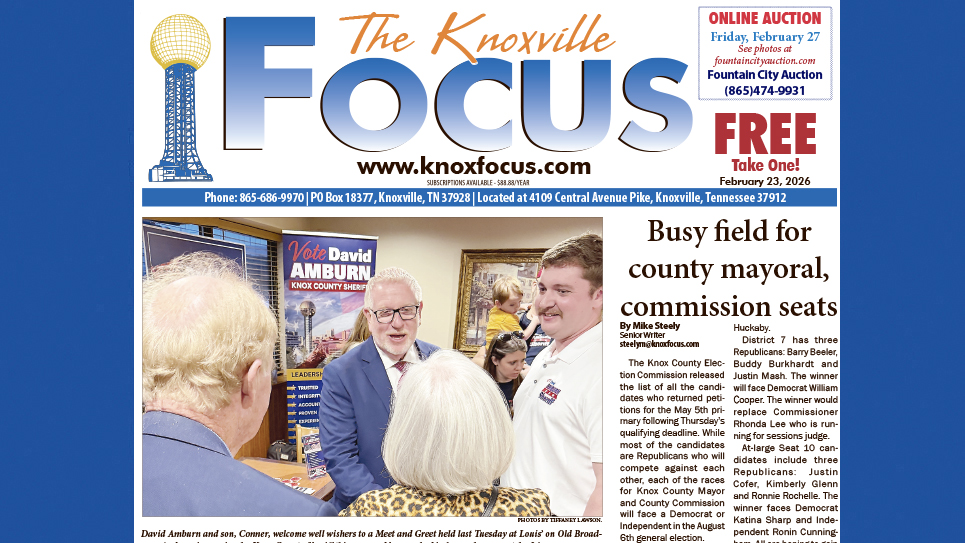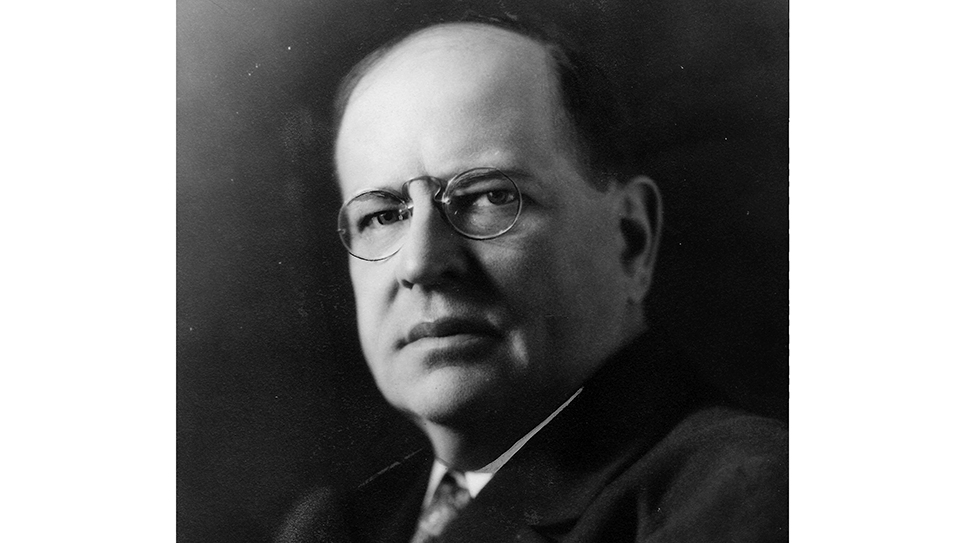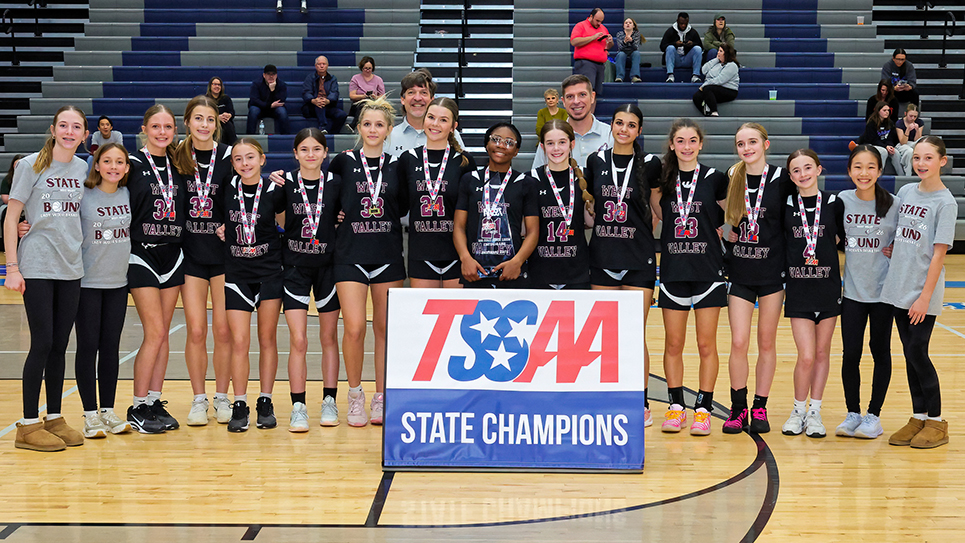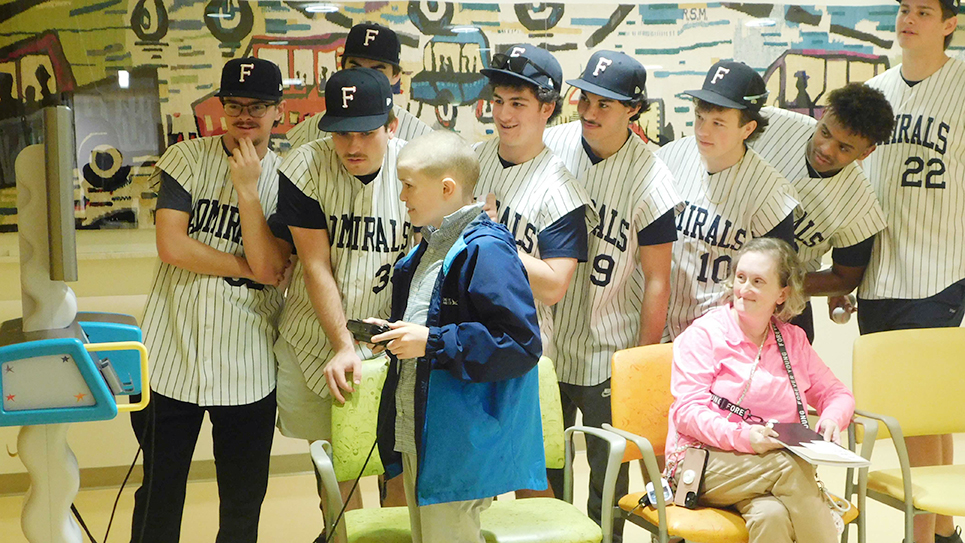‘Merely a way to start the game, nothing more’
By Tom Mattingly
There’s nothing like the excitement of the opening kickoff. Is it better to kick or receive?
Gen. Bob Neyland and Bowden Wyatt always wanted to let the other team have the ball first. There are more ways to score on defense than on offense, their reasoning went. In their day, the team that won the coin toss generally took the ball, unless there was some weather or other field issue involved.
Consider what Russ Bebb wrote about the 1954 season. “Almost unbelievably, Captain Darris McCord won the coin toss in each of the 10 games, and each time Tennessee chose to kick off.” That came in a 4-6 campaign, the last for head coach Harvey Robinson before Wyatt came marching home.
“The conservative approach is fine with the public when the team is winning,” added Bebb, “but it is bad news for the coach in a losing year.”
In more recent years, the team that won the toss could defer taking the ball on offense to the second half, upsetting a number of football purists. That included our own Haywood Harris, who thought the rules of football had been brought from on high, perhaps by Walter Camp or some other early sage of the game. Harris contended that the kickoff was merely a way to start the game, nothing more.
There was something to be said, however, for a team that deferred receiving the opening kickoff scoring near the end of the first half and getting the ball to start the second half. It gave opposing coaches something else to think about and plan for.
Now, offensive field position rules the day in these otherwise uncertain times.
The most famous opening kickoff came in Tuscaloosa as the Vols lined up to receive in 1928 against Alabama. Gene McEver took it back 98 yards, Tennessee won 15-13, and the Vols were in the football business to stay. Just for the record, Buddy Hackman took the opening kickoff in for a score, this one for 94 yards the next week against Washington & Lee. That opening kickoff return for scores in back-to-back games hasn’t happened since.
The second came when Decatur’s (Meigs County) Gary Moore went the same distance against Auburn in 1979, thus pleasing head coach John Majors for any number of reasons. He had been pleading with his team to make something happen early in the game. That return, it seemed, was plenty early. And plenty timely.
The Vols won the toss in the 1967 and 1968 Alabama games and immediately marched for scores that set the tone for each contest, the Vols winning 24-13 and 10-9, both efforts led by the incomparable Bubba Wyche.
The Vols kicked off in the 1969 Alabama game, forced a punt, and immediately went in for a score, just to prove it could happen the other way, too.
Then there was the 1983 Alabama game. The Vols kicked off, and Alabama marched steadily and inexorably for the game’s first score, a drive that seemed to take forever. That didn’t seem to faze the Vols. On the first play from scrimmage, quarterback Alan Cockrell hit wide receiver Lenny Taylor on an innocent-looking hitch route to the right side.
Then came the good part. Taylor, named after 1950s Baltimore Colts running back Lenny Moore, broke a tackle and zoomed 80 yards for a score. It was 7-7 and the game ended up 41-34, Tennessee.
Tennessee kicked off in the 1973 contest, and Wayne Wheeler caught an 80-yard TD pass from Gary Rutledge on the game’s first play, The Vols recovered for a 21-21 tie going into the fourth quarter, but Alabama won going away, 42-21.
Twenty-two years later on the same field, the Vols started on the 20, when Peyton Manning found Joey Kent for another 80-yard score that set the tone for the Vols’ first win over Alabama since 1985. John Ward said, “80 yards, Joey Kent… Touchdown… on Play… No. 1”. The Vols won, 41-14.
When the Vols and Kentucky squared off in 1980, the Vols were in an offensive funk. In pre-game commentary, Ward asked Bill Anderson about the game, with Anderson replying he didn’t really know what might happen. It had been that kind of season, with the Vols scoring but 28 points in the previous four games, all losses.
Willie Gault returned the kickoff 92 yards for a score, and the Vols won 45-14. Points for the Vols came in droves that day, much to everyone’s surprise.
Just to show it wasn’t a fluke, he ran the second half kickoff 95 yards for a score the next week, Tennessee 51, Vanderbilt 13. Ward said, “Willie Gault has run all the way to the State Capitol.”
There are those who say the kickoff is merely a way to start the game, but how teams respond goes a long way in determining who wins, who loses, and why.






